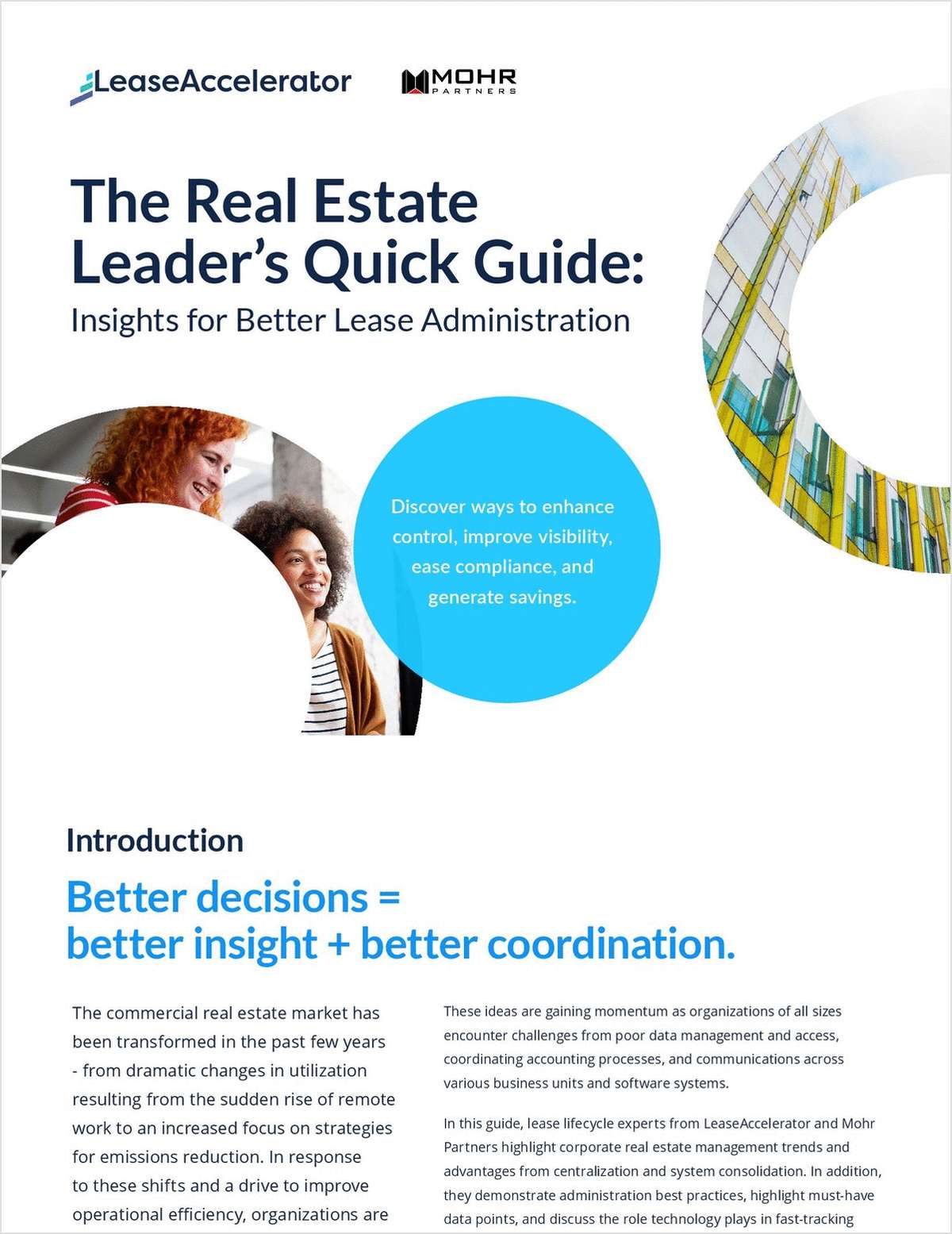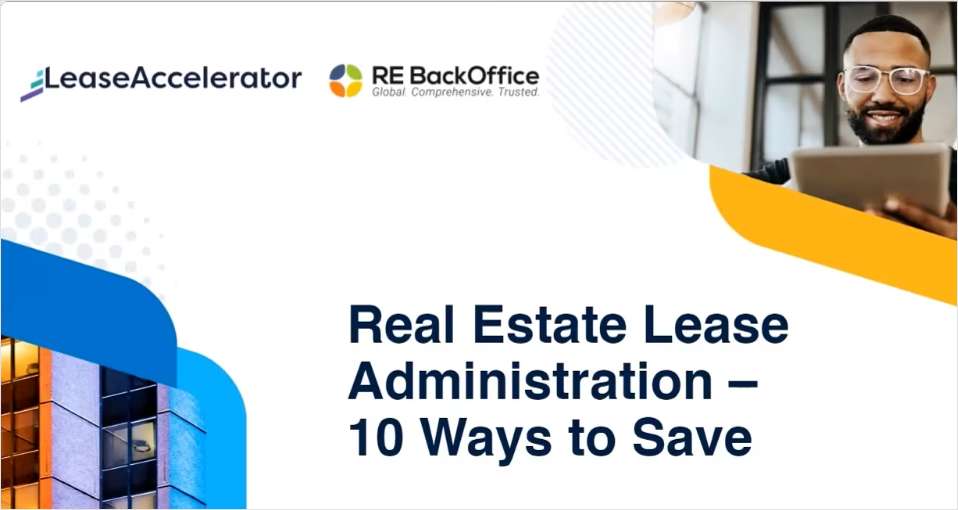"There's more lender interest than there are borrowers," says Peter Berk, director of capital markets for Manhattan-based Sonnenblick-Goldman. He tells Northeast bureau chief Amy Vaughn that "this has been the trend over the past six months, and. I see this continuing through at least the end of the year. Hopefully in 2002 it will return to its historic levels, or at least what it did in 1998-1999."
As far as the cost of capital goes, Green says it depends on the market and the portfolio the lender is trying to fill, and that could be a good thing for real estate at the moment. "Given the stock market volatility, there was a lot of liquidity to the bond market--about a month ago, you couldn't find a bond. Well, a lot of that money is beginning to flow back into real estate and not back into the equity market; because of the feeling there may be inflation, real estate is always that hedge."
Bill Hughes, a senior vice president with Marcus & Millichap Capital Corp., reports that for the typical lenders--life insurance, commercial banks and conduits--"costs are going to move in a fairly limited and narrow arena, from where we are today maybe 15-20 basis points up or down, depending on product type, with apartments preferred and non-anchored retail being less attractive."
Continue Reading for Free
Register and gain access to:
- Breaking commercial real estate news and analysis, on-site and via our newsletters and custom alerts
- Educational webcasts, white papers, and ebooks from industry thought leaders
- Critical coverage of the property casualty insurance and financial advisory markets on our other ALM sites, PropertyCasualty360 and ThinkAdvisor
Already have an account? Sign In Now
© 2024 ALM Global, LLC, All Rights Reserved. Request academic re-use from www.copyright.com. All other uses, submit a request to [email protected]. For more information visit Asset & Logo Licensing.








